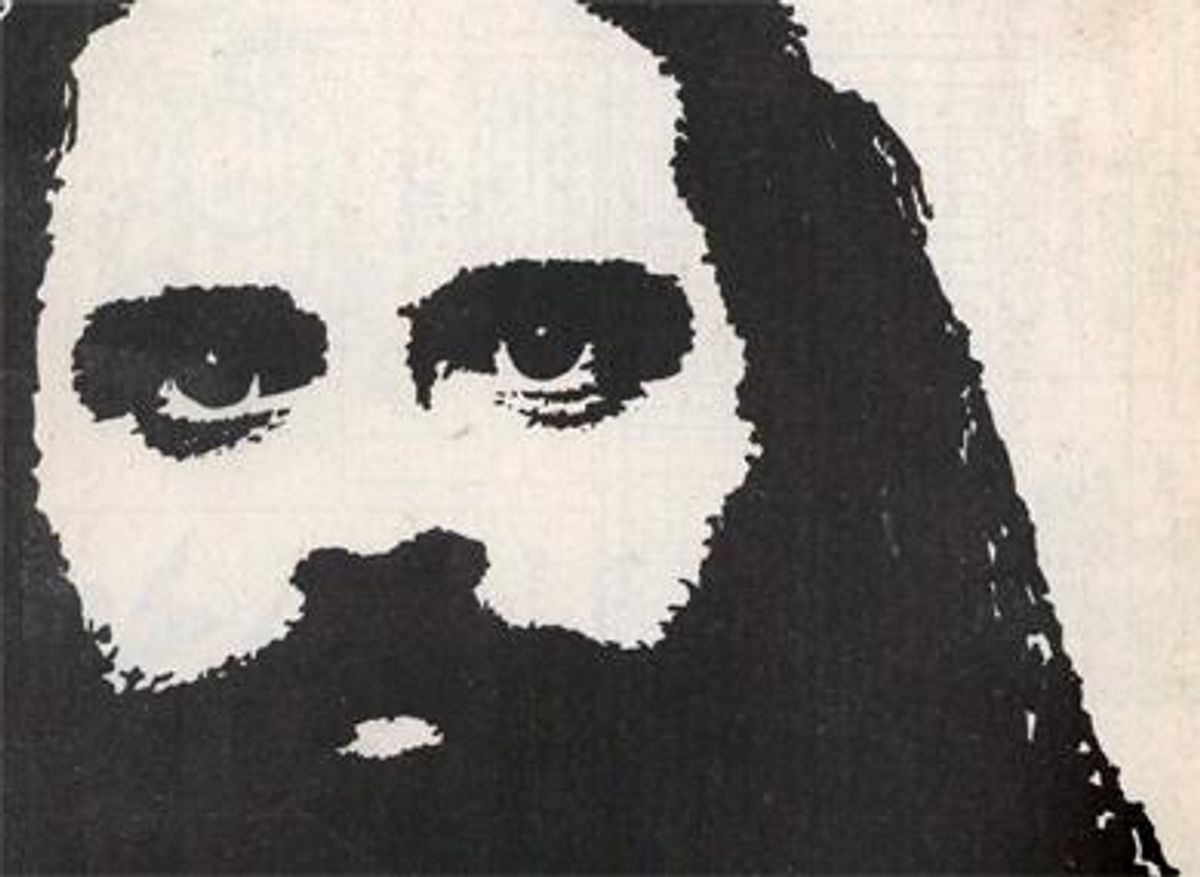For many people, gay history is limited to Judy Garland and Stonewall. But ONE National Gay & Lesbian Archives in Los Angeles has been chronicling the entire gay experience for decades, preserving letters, publications, art, video, and recordings from the early 20th century to now. ONE's mission was recently aided by a seemingly unlikely source -- the National Endowment for the Humanities. The federal agency last month awarded the archives a $272,086 grant, the largest financial gift ever made by NEH to an LGBT organization.
"The grants are incredibly competitive," says Joseph Hawkins, president of ONE's board. "The likelihood of us getting it was probably one in a million."
The grant wasn't specifically geared toward an LGBT organization -- museums, research facilities, universities, and other archives were eligible. Though Hawkins calls the online application process "rigorous" and "horrible," he's obviously ecstatic at the result, which allows him to pay for three archivists at ONE's offices near the University of Southern California.
The archivists will "process" ONE's vast archive of letters and posters from early gay rights organizations as well as newspaper and magazine clippings on gay events around the country, such as protests, parades, and sit-ins. Processing involves "taking out all the paper clips, staples, and acid-filled paper out of a collection, along with anything that could be damaging," Hawkins says. "Then you begin to make some intellectual order out of it." After that is completed, ONE will work toward digitizing its collection so the materials can be searched and viewed online.
The original ONE collection was established in 1952, when gay groups
referred to themselves as homophile organizations and based their
organization on communist groups of the time. The group began publishing
a now-defunct magazine in 1953 (14 years before
The Advocate was
launched) and morphed into a GLAAD-like antidefamation organization before
focusing on archiving in the late '60s.
"When we applied for a
501(c)(3) [nonprofit] exemption in the late '60s, early '70s, we were
basically told the IRS would not give us one because we were sponsoring
gay parties," Hawkins says.
Because of governmental reactions
like that, news of the NEH grant -- which hasn't yet drawn right-wing ire -- is
immensely validating to ONE's staff.
"I think [activist] Morris
Kite said this a long time ago: 'You weren't really valued by the U.S.
government until they gave you money,'" Hawkins says. "[The grant] means
the government thinks gay people are worthy and deserving. It's a
really big deal."




















































































